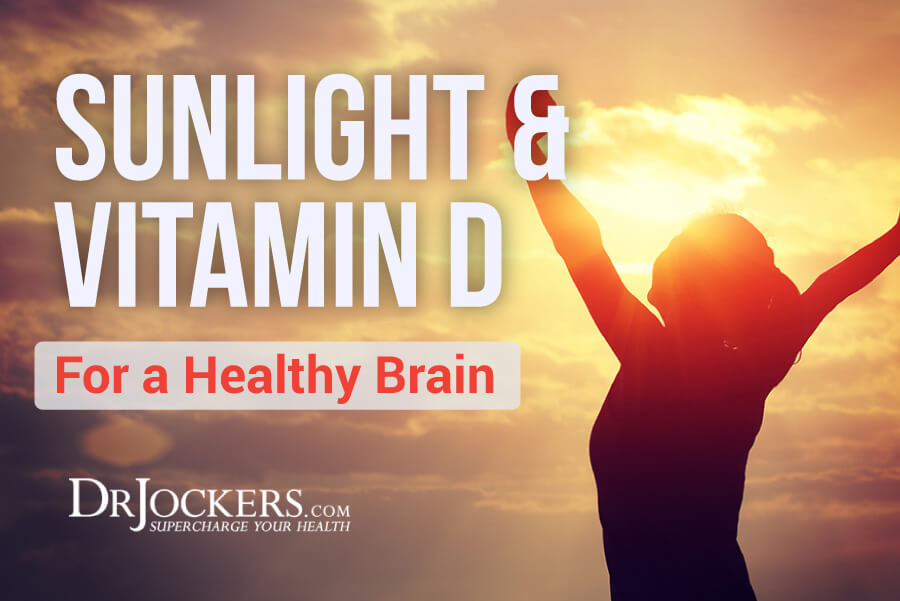
Sunlight and Vitamin D3 for Brain Health
Sunlight and vitamin D3 have an incredible impact on the way our body functions. Researchers believe that vitamin D3 acts to protect an aging brain and boost overall memory and cognitive function. This is thought to be done by increasing levels of protective antioxidants, increasing key hormones and suppressing a hyperactive immune system that can inflame the neurological circuitry.
The sun provides our body with an essential stress through its UV radiation. This UV radiation stress signals a molecule on the skin (7-dehydrocholesterol) to convert to the active form of Vitamin D3 (cholecalciferol) in the body. This article will go through the role of sunlight and vitamin D3 for brain health.
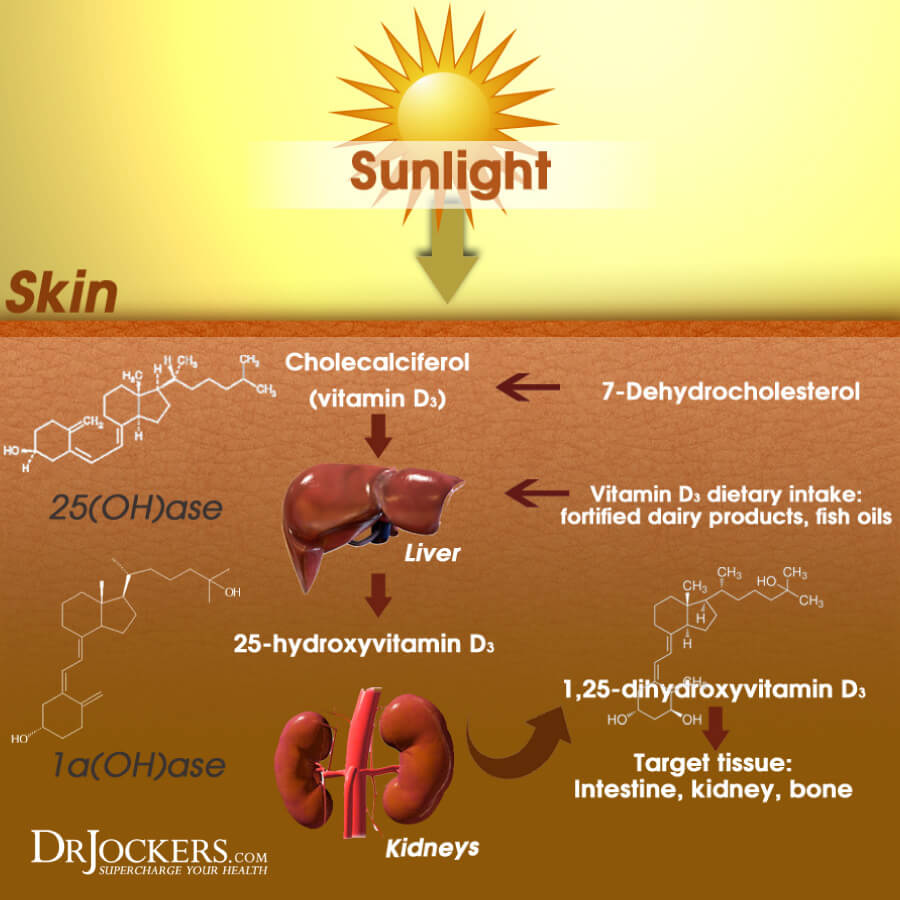
Vitamin D is more Hormone than Vitamin:
Vitamin D more resembles a hormone than vitamin by function. Hormones are chemical messengers that interact with cell receptors to produce specific biological responses. Calcitriol, the active form of Vitamin D, is arguably the most powerful hormone in the body. It has the ability to activate over 1,000 genes which is roughly 5% of the human genome (1).
There are vitamin D receptors throughout the central nervous system and critical regions of the brain including the hippocampus. Researchers have concluded that vitamin D activates and deactivates enzymes in the brain and cerebrospinal fluid that are involved in nerve growth, synaptic density and neurotransmitter synthesis (2).
Vitamin D3 is also shown to boost glutathione production in the neuronal cells protecting them from damage inflicted by oxidative stress. Vitamin D also helps to modulate the immune system to reduce inflammation throughout the body (3).
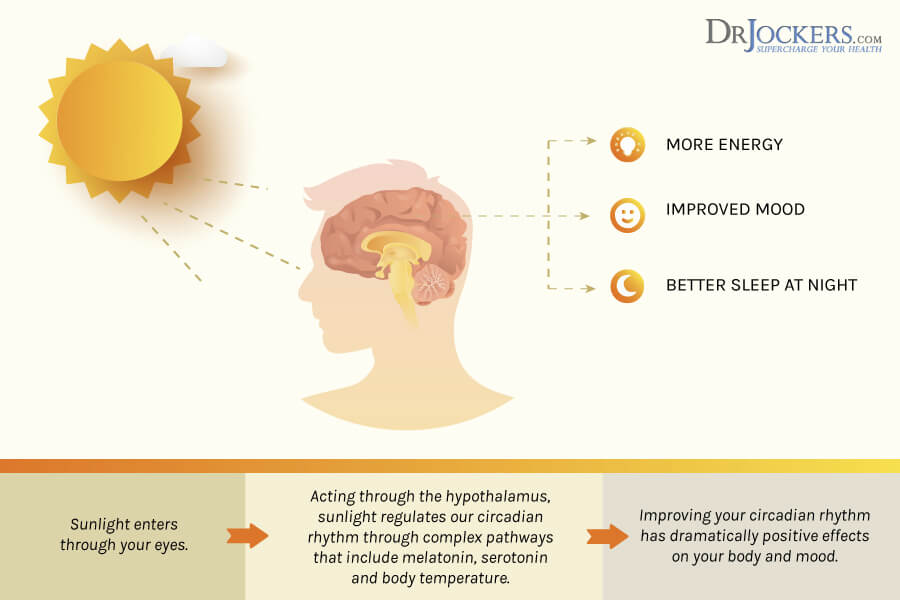
Vitamin D Boosts Cognitive Acceleration:
A 2009 study led by scientists at the University of Manchester in England, looked at vitamin D levels and cognitive performance in more than 3,100 men aged 40 to 79 in eight different countries across Europe. The data show that those people with lower vitamin D levels exhibited slower cognitive processing speed (4).
Vitamin D deficiency is a current epidemic in our society today affecting 90% of our world`s population. According to Vitamin D expert Michael Holick, `We estimate that vitamin D deficiency is the most common medical condition in the world (5).` It is clear that most people are not getting enough healthy sun exposure.
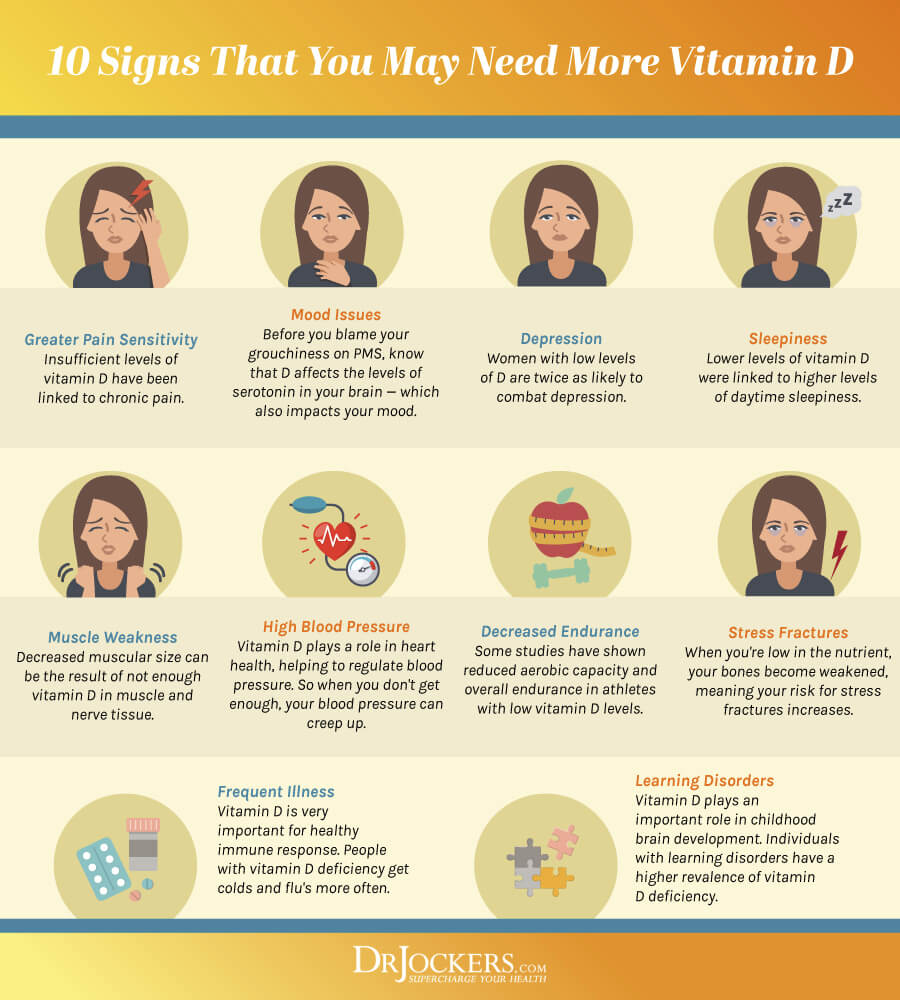
Vitamin D and Brain Degeneration:
A 2010 study published in the Archives of Internal Medicine showed that those who are classified as deficient in vitamin D were 42% more likely to have cognitive impairment. Meanwhile, those classified as severely deficient were 394% more likely of having cognitive impairment (6).
“The odds of cognitive impairment increase as vitamin D levels go down,” says study author David Llewellyn. “Given that both vitamin D deficiency and dementia are common throughout the world, this is a major public health concern.”
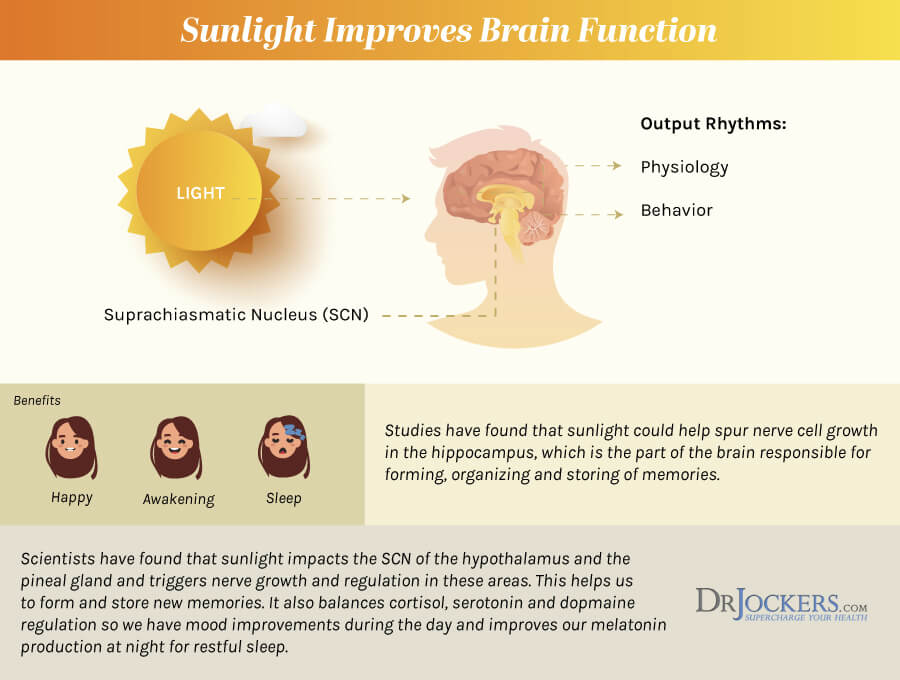
Tips For Healthy Sun Exposure:
The ideal amount of sun exposure should produce somewhere in the range of 10,000 – 20,000 IU of vitamin D3. This depends upon the amount of body parts exposed, the strength or angle of the sun and the color of the individual’s skin.
This is the approximate amount of time each individual skin type needs of sun exposure to get the appropriate 10,000 – 20,000 IU considering that at least 60% of the body is exposed to sunlight. This would be equivalent to intentionally sun bathing. They should get this amount at least three times weekly in order to fully optimize vitamin D3 levels.
1. Get the Appropriate Sun Exposure For Your Skin Type:
Light skin = 15-20 minutes daily
Medium Skin = 25-30 minutes daily
Dark Skin = 40-45 minutes daily
2. Apply a Natural Moisturizer:
Use coconut oil, aloe vera and/or green tea extract as a moisturizer before and after sun exposure for added anti-oxidant protection
3. Supplement Dosage:
If adequate sunlight is not available or attainable than supplement with 5,000-10,000 IU of vitamin D3 daily.
I recommend aiming for 1,000 IU per 25 lbs of body weight, so a 150 lb individual would aim for 5,000-6,000 IU. It is possible to get around 1,000 IU daily from food if you eat grass-fed butter, pasture-raised eggs, organic meats or cod liver oil.




I have researched the sources of Vitamins D2 and D3. Vitamin D3 is mainly derived from Lanolin – which comes from sheep skin – which contains toxins. Vitamin D2 is mostly derived from mushrooms. So I do not recommend Vit D3 for my patients, only Vit D2.
Hey Joy, Thank you for sharing! The D3/K2 Power is sourced from lanolin but the sheep are fed an organic, non-GMO diet. We have had a lot of success using supplemental D3. Blessings!